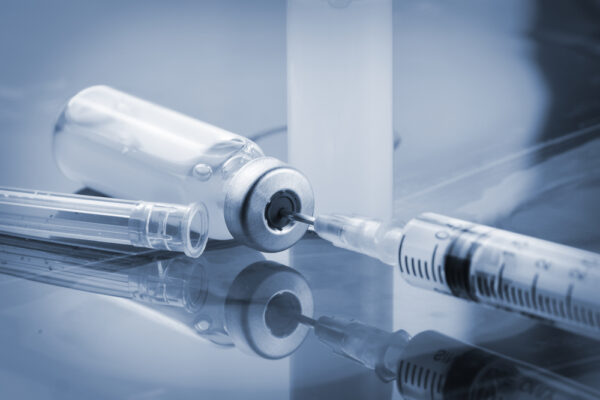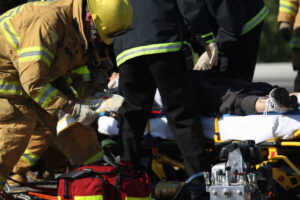Red Sox outfielder Ryan Sweeney recently suffered a brain injury while diving for a ball, according to New England Sports Network’s website. He then sat out seven games after failing Major League Baseball’s new concussion test.
Sweeney told reporters the memorization exam was “pretty tough” and that it was compared to a baseline he took before his injury.
Probably in order to avoid the lawsuits the NFL now faces, MLB is cracking down after 15 players, including Cleveland Indians’ own Carlos Santana, suffered a record number of concussions last season.
“I think [MLB is] learning a lot,” said Sweeney. “Concussions are weird things because you really don’t know what’s going on. …It’s a tough one to deal with. It’s not like a normal injury that most people have.”
With little leaguers stepping up to bat, we at Spangenberg Shibley & Liber thought we’d share the Mayo Clinic’s Signs and symptoms of a concussive traumatic brain injury:
- Headache or pressure in the head
- Temporary loss of consciousness
- Confusion
- Dizziness and/or ringing in the ears
- Nausea or vomiting
- Slurred Speech
- Fatigue
It is important to note that not all symptoms appear immediately following the injury. Some may creep on or even days later. Seek medical attention if you experience:
- Personality changes or psychological adjustment such as the sudden onset of depression
- Sensitivity to light and noise
- Sleep disruption
Children are prone to head trauma but aren’t always able to communicate how they feel. Parents should watch for nonverbal signs including:
- Tiring easily
- Crankiness
- A change in eating or sleeping habits
- Loss of interest in favorite toys
- Vomiting or difficulty breathing
If your child appears to be suffering from any of these symptoms following a head injury, seek emergency care, where doctors will conduct a cranial computerized tomography, or CT, scan to determine the severity of the head injury and whether there is any swelling of the brain. CT scans are painless and usually take no longer than 10 minutes. You simply lie still on a table that slides through an X-ray machine.
Sports players aren’t the only folks at risk for a concussion. Car accidents and falls can also cause one. And once you’ve suffered one concussion, you’re at high risk for another, so always be sure to:
- Wear protective gear when participating in a sporting event
- Buckle your seat belt
- Wear comfortable shoes that you aren’t liable to fall in – like high heels or sandals lacking supportive straps
- Arrange household furniture in such a way to prevent trips and falls.

The Legal Examiner and our Affiliate Network strive to be the place you look to for news, context, and more, wherever your life intersects with the law.













Comments for this article are closed.